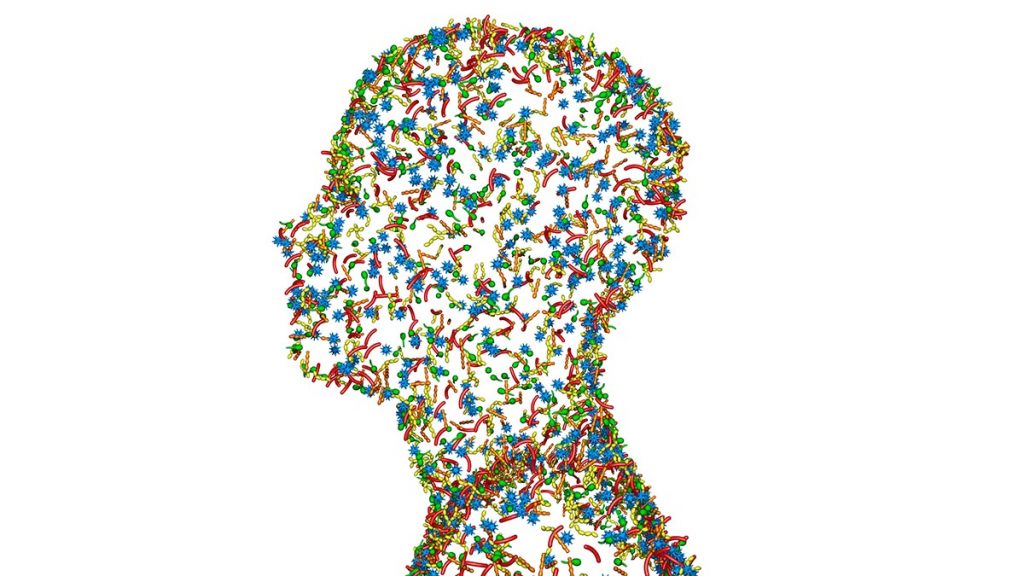It is currently estimated that the number of bacterial cells in our body roughly matches or exceeds the number of human cells, with the majority of these bacteria residing in the gut (Sender, et. al 2016). You may be familiar with literature identifying a “gut-brain” axis, i.e. a relationship between mental health and the composition of our microbiota. Studies have shown correlations between bacterial community makeup and disorders such as autism, depression and schizophrenia (Foster & Neufield 2013), (Dickerson, et. al 2017). Bacterial disbalance has also been correlated with diseases such as diabetes and obesity (Hartstra, et. al. 2014). A common factor between these disorders is that they are generally associated with lower microbial diversity. While there is a growing body of literature supporting the relationships between disease and dysbiosis, a perturbation of the microbial community, little research has explored the relationships between personality and patterns in variation of the healthy microbiome.

Enter Dr. Katrina Johnson of Oxford, who is especially interested in understanding how microbiota help to create the spectrum of human personality in the general population. To measure variation in personality, Johnson uses the “The Big Five” inventory which measures variation in personality using the following measures: Continue reading “Make More Friends: It’s Good For Your Gut”


